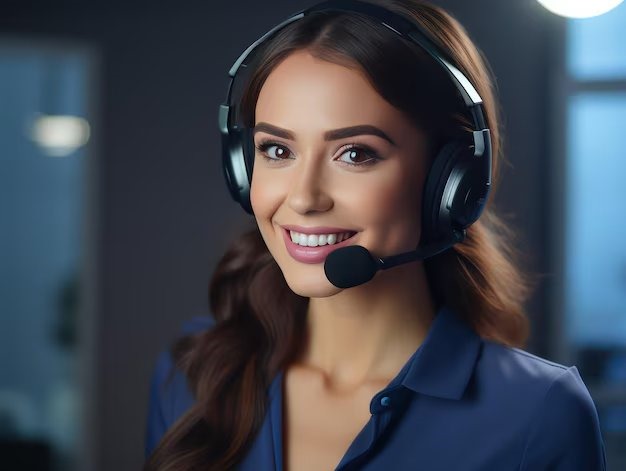
need help?

need help?
our travel consultants are here to help 7 days a week
+201007511116
speak to us in less than 60 seconds
request a call back
our travel consultants will call you soon
chat with a travel consultant
Chat With One Of Our Agents Via Whatsapp
WHAT ARE YOUR TRAVEL TIPS FOR EGYPT? ON HEALTH
On Health – Bring a supply of your medication if you take any on a regular basis as well as a copy of your prescription. However, please be assured that your hotel or our staff will find you a specialized doctor should the need arise.
WHAT ARE YOUR TRAVEL TIPS FOR EGYPT? ON CLOTHING
On Clothing – Upon visiting mosques, please dress conservatively, i.e. half/long sleeved shirt and no shorts. In public areas, this would also be our advice. However, in some touristic areas such as the seaside, it perfectly fine to wear shorts and sleeveless shirts. Please remember to remove your footwear upon stepping into a mosque.
WHAT ARE YOUR TRAVEL TIPS FOR EGYPT? ON ORGANIZING YOUR TRIP
On Organizing your Trip – Alone or in a couple or with friends and you wish to organize everything yourself, please let the hotel know of your plans before leaving. Should you get lost, the hotel will be able to act on your behalf. Also arm yourself with hotel address and telephone number, always, as you may need it. Be aware that you might be ripped-off. Like many tourist destinations, Egypt has its “wolves”, preying on unsuspecting, trustful travelers. Often the total cost will be more than if you had arranged it through a travel agent or your hotel and a lot less enjoyable.
WHEN IS THE BEST TIME (PEAK SEASON) TO VISIT EGYPT ON HOLIDAYS?
The best time to visit Egypt is from October to May. It is the peak travel season, temperatures are milder though comparatively warmer than in the northern hemisphere. This is our High-Season with its two busiest periods: the Christmas/New Year period and the Easter Period, whereby hotels and cruises will put their prices up. This can mean that some hotels become really expensive, so making your reservations very early, even for the budget hotels, is strongly advised. The other 4 months are the low-season so to speak. May to September are the height of Egyptian summer, with very high temperatures, especially in Upper Egypt (Luxor and the southern parts of the country). However, this is the time for you to see Egypt in virtual peace and quiet, giving you the advantage of seeing the sites without any hassle either from school children or crowds of tourists.
WHAT ARE THE BEST TRAVEL ARRANGEMENTS FOR DISCOVERING EGYPT?
Spend a couple of nights in Cairo, take the sleeper-train to Aswan, spend another two nights there while visiting Abu Simbel and the Philae Temple, maybe Kom Ombo too. Then you can take a cruise down the Nile to Luxor, spend two nights visiting the Valleys of the Kings and Queens and the Karnak Temple Complex. Then you can return to Cairo and from there head to a Red Sea resort, either on the Sinai Peninsula or the coast, for a few nights.
IS IT SAFE FOR WOMEN TO TRAVEL ALONE?
It has never been a problem, however you have to put up sometimes with annoying verbal harassment and this happens to Egyptian women as well. The best thing is to ignore and go on. It can sometimes get really irritating but reacting does not work. There is nothing forbidden in Egypt. You do not need to cover up or anything of the sort, yet to avoid drawing unnecessary attention to yourself, do please cover your shoulders and cleavage and do not wear shorts. It is just a matter of feeling comfortable and fitting in. Best footwear are sneakers as there is a lot of walking and it is dusty and sometimes the streets are in poor condition and dirty.
DO I NEED ANY SPECIAL VACCINES FOR EGYPT? WHAT HEALTH GUIDELINES DO WE NEED TO FOLLOW?
The ones recommended are: Yellow Fever (common to most parts of Africa), Tetanus and Hepatitis. Otherwise, just take the usual precautions when travelling to hot parts of the world. Drink bottled water, avoiding ice and unless you are in a well-known hotel and restaurant, avoid eating uncooked greens. Avoid roadside food stands. Bring a good insect repellent as the evenings might be full of mosquitoes. At all cost, avoid contact with street dogs, rabies is still a risk in Egypt. Make sure you have condoms on you, they are also available in all pharmacies. Carry a small medical kit for your needs, with painkillers and diarrhea tablets at hand at all times. We also advise you to carry a travel insurance.
WHAT ARE YOUR TRAVEL TIPS FOR EGYPT? ON EGYPTIAN
On the Egyptian Language- Learn the basic words: La’ (no) and shukran (thank you). You will be needing them.
WHAT ARE YOUR TRAVEL TIPS FOR EGYPT? ON PHOTOGRAPHY
On Photography – Taking photos inside many temples is restricted, so please follow the advice of your guide and the keeper of the sites. In some places, please be aware that the government will charge you for taking photographs. Due to new policies put in place by the Ministry of Tourism, cameras are not permitted at all in the Valley of the Kings. Please exercise caution and respect when taking photographs of anything other than tourist sites. It is forbidden to take photographs of the police, anything of a military nature or indeed bridges, airports and public works. Respect should be given to Egyptian women, use discretion. Always ask permission before taking photos of people and expect to be asked for a tip in return.












